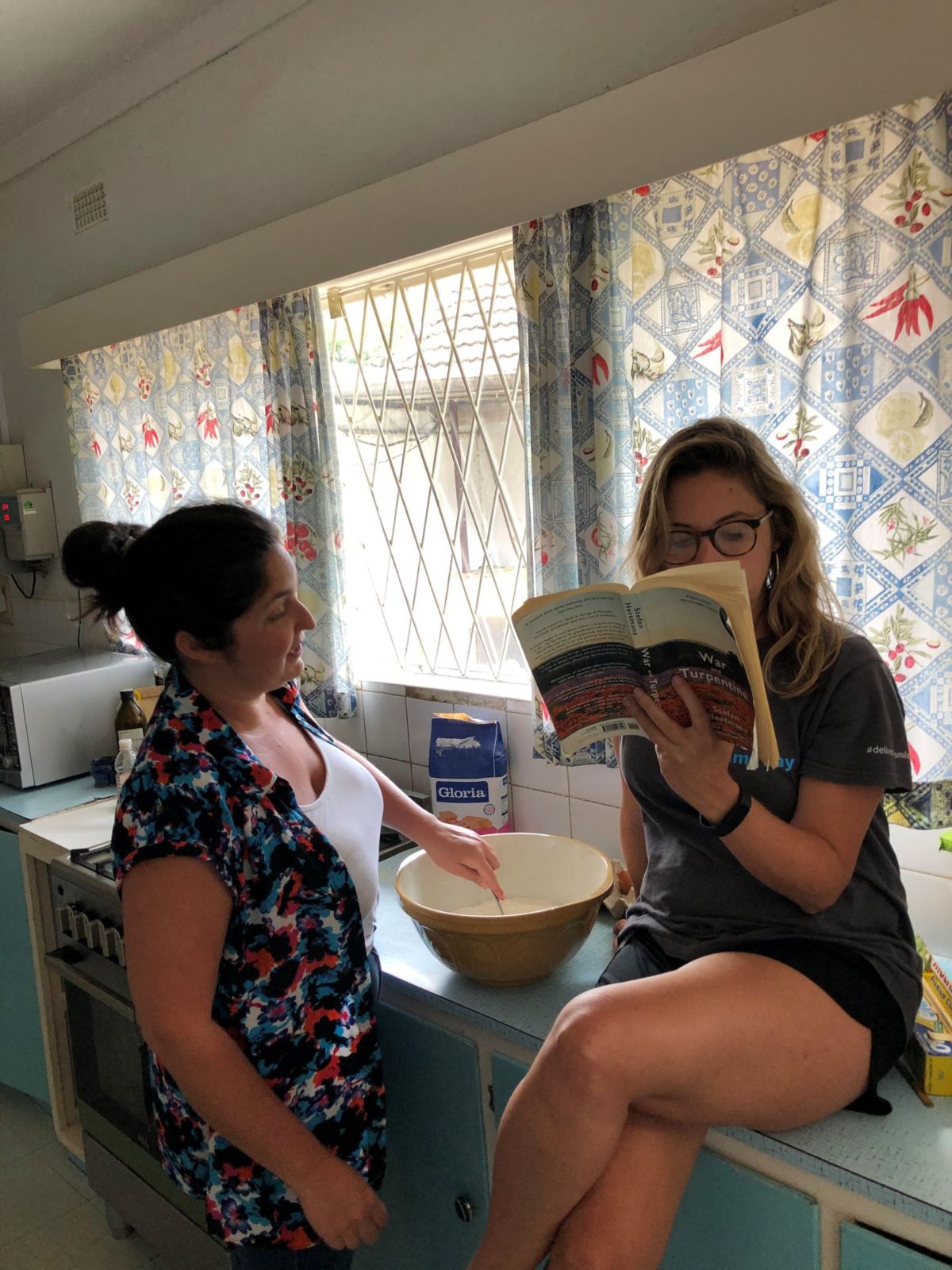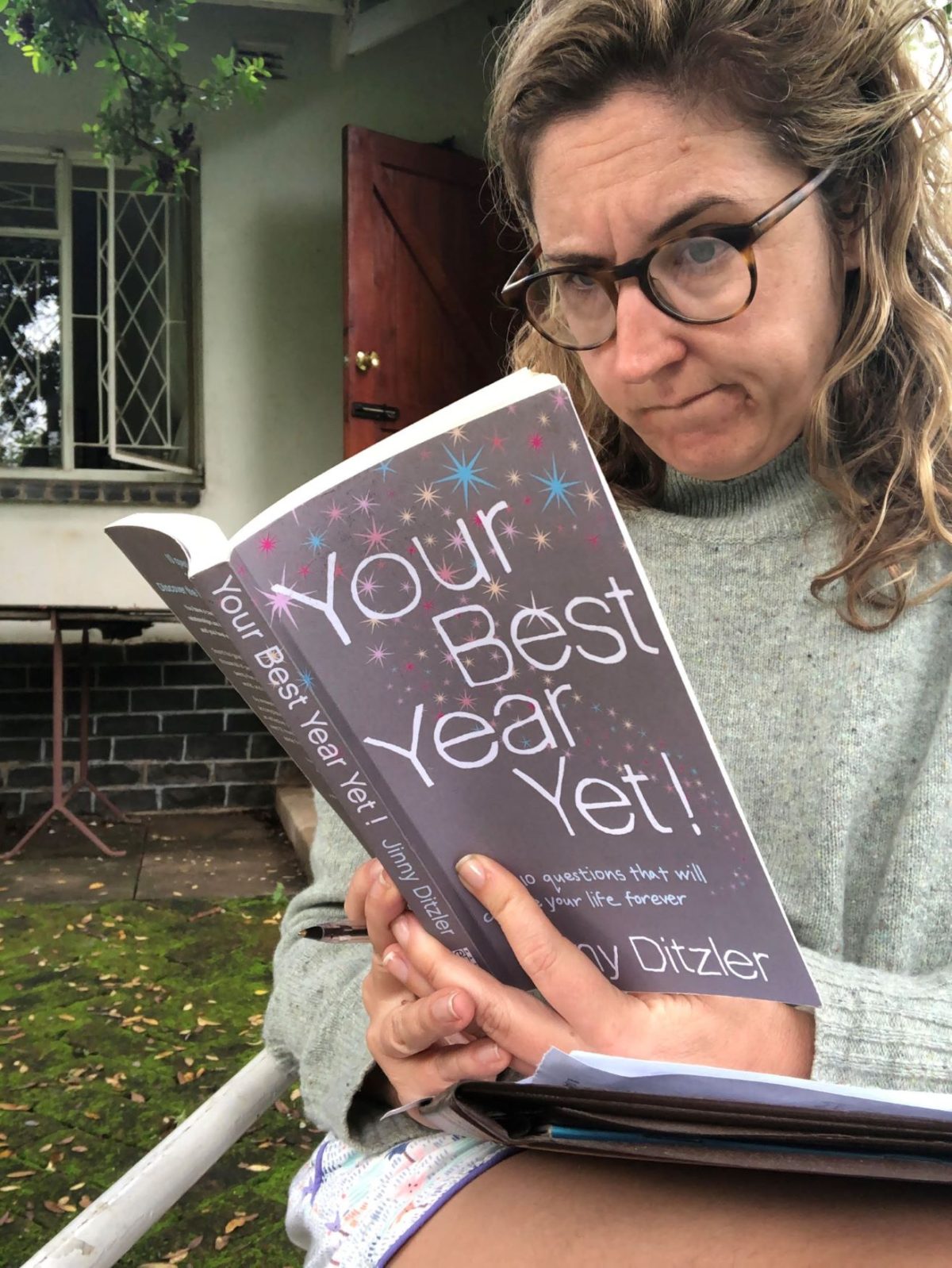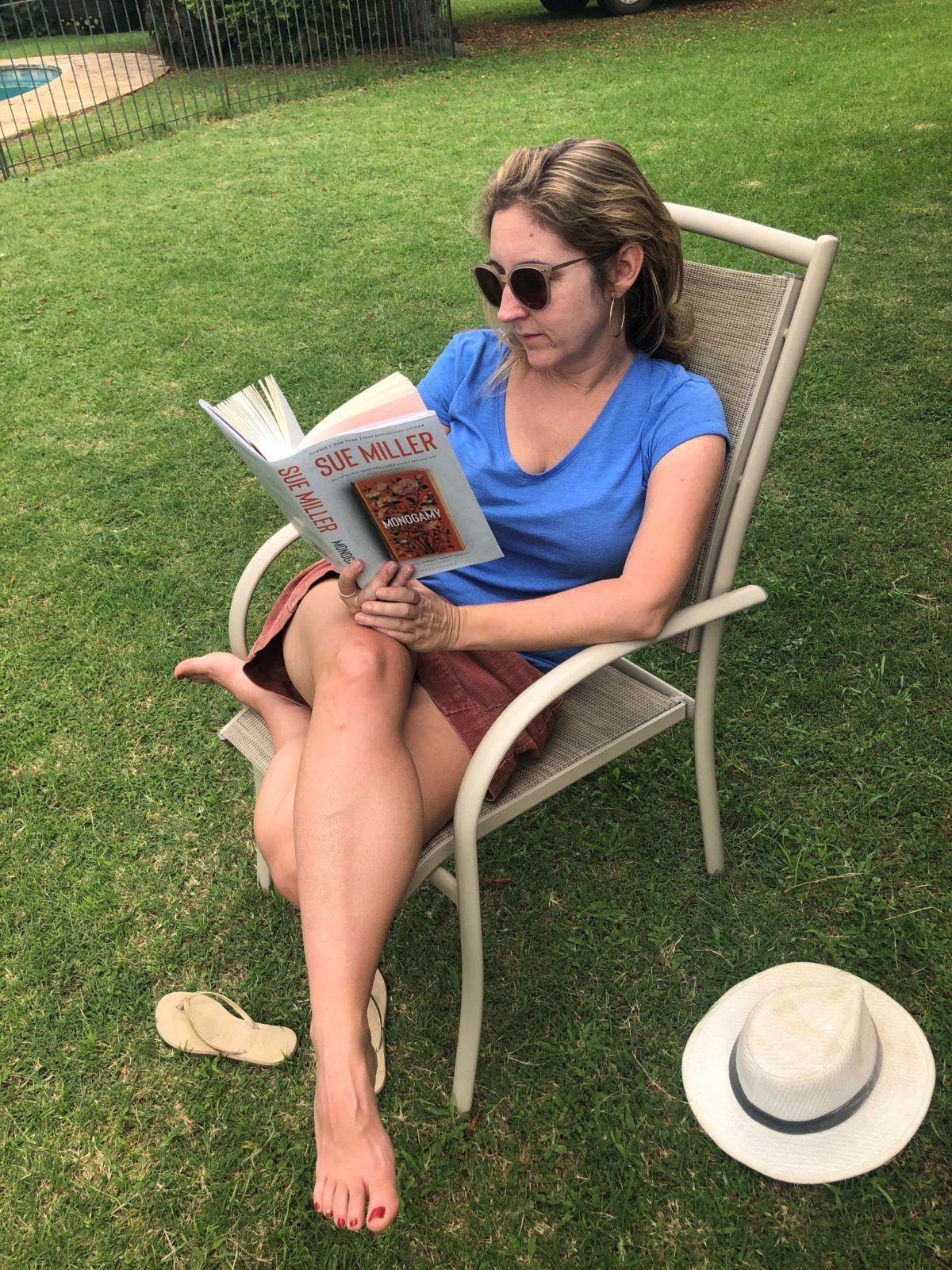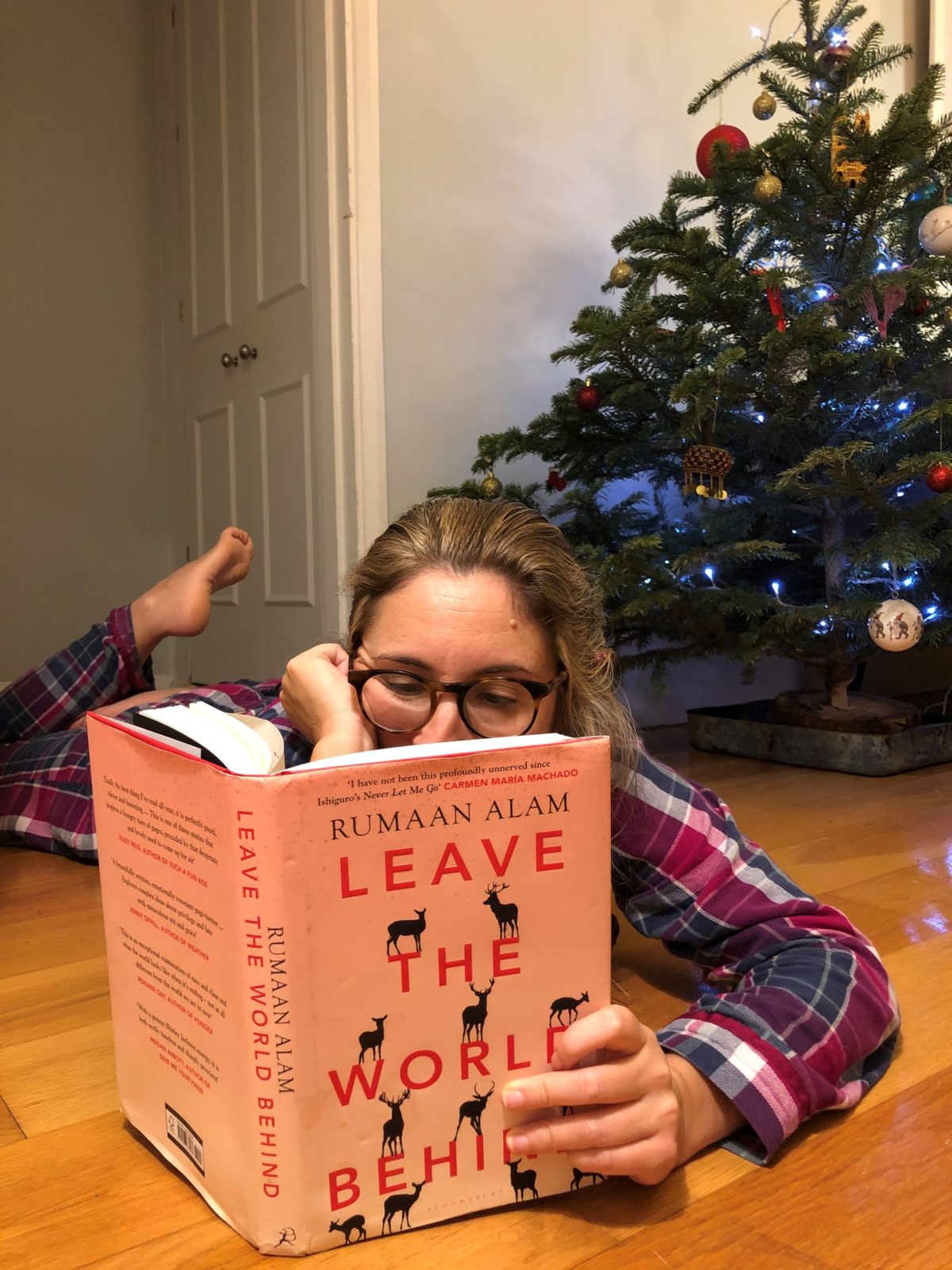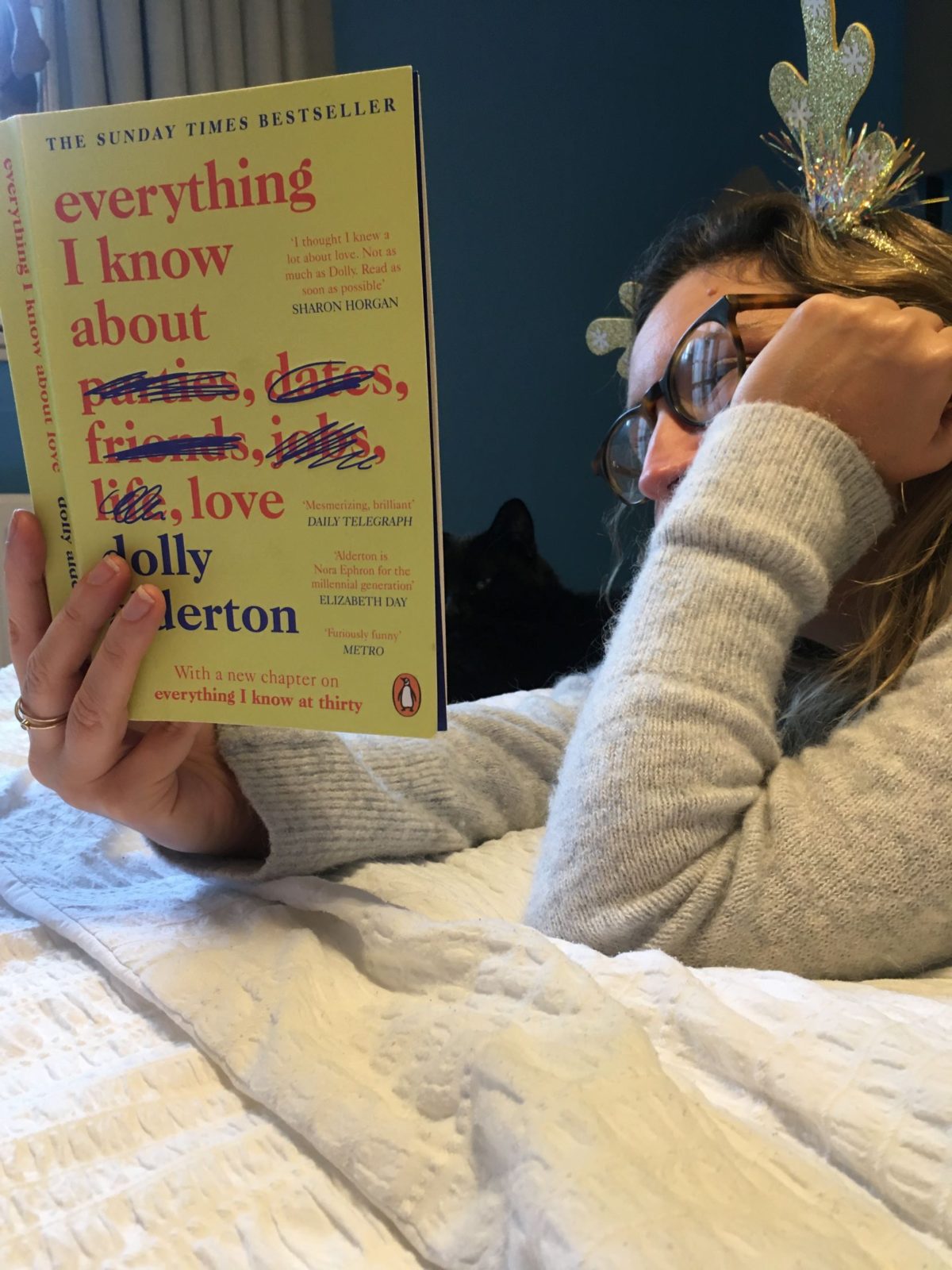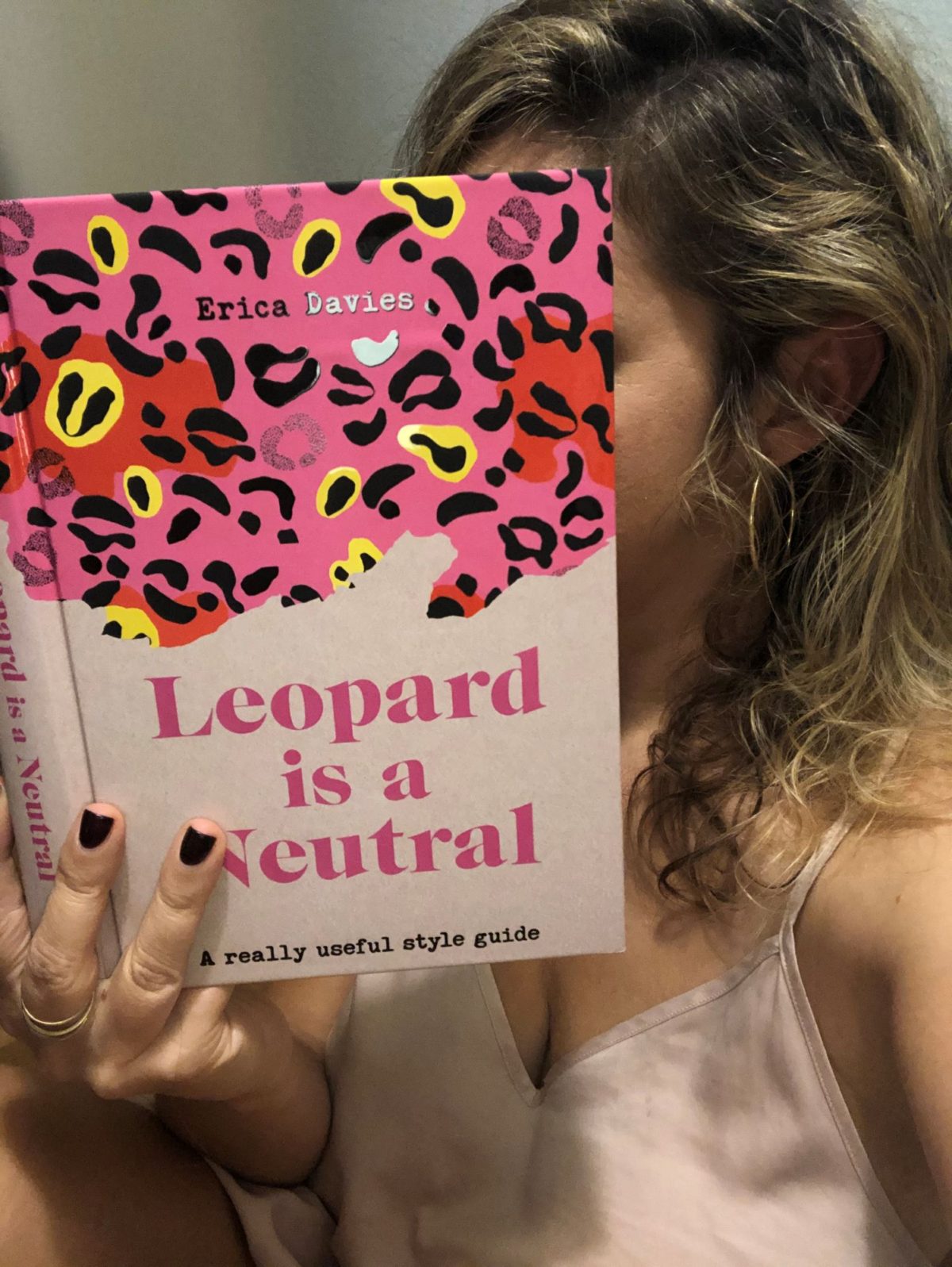Here is a book to make you really feel like an immigrant. You live in London for a majority of your adult life, you think you fit in, then you read a book by an actual Londoner and you realize you’re still and always a visitor.
It’s not so much the extremely specific London references she makes, but the confidence with which she makes them: as if she is sure that many people share the same experience as she does. I can only ever aspire to feel that way. (That said, I did laugh at those references I did understand. When her friend gets married she fears she will end up having to go out with the husband’s “friends and their wives at barbeques in bloody Balham.” But this is not funny to you if you don’t know London, which is my point)
The book is a series of essays about various relationships that the author had in her twenties. As befits any even half-feminist writer, these are not all romantic. Despite the book’s title, they are not even mostly romantic. Much of the book is about the various female friends she lived with in houseshares across North (of course) London.
I always find something creepily hetero-normative about people who only have friends of their own gender. But I still found this part of the book quite touching. It reflects what is true, is that unfortunately Prince Charming may come late, and even when he does, he can only do what he can do.
She has an intense and lengthy online relationship with a man, who she meets for one remarkable late night date, and then never hears from again. She is upset, but as she puts it: .. like a child mourning the loss of an invisble friend. None of it was real. . . We played intensity chicken with each other, sluts for overblown, artificial sentiment and a desperate need to feel something deep in the dark, damp basement of ourselves
This I thought was interesting, as was this:
To be an empirically attractive young man, you just have to have a nice smile, an average body type (give or take a stone) a bit of hair and be wearing an all-right jumper. To be a desirable woman – the sky’s the limit. Have every surface of your body waxed. Have manicures every week. Wear heels every day. Look like a Victoria’s Secret Angel even though you work in an office. It’s not enough to be an average-sized woman with a bit of hair and an all-right jumper.
I don’t think this is true anymore. These days, younger men face just the same body fascism as women do, and possibly more I think. They have to find a way to fit in those skinny jeans. I feel sorry for them but also like hahahahahahhaa welcome.

